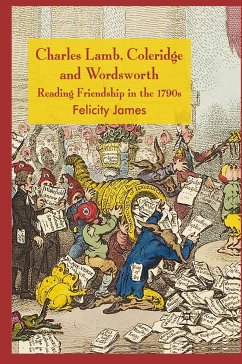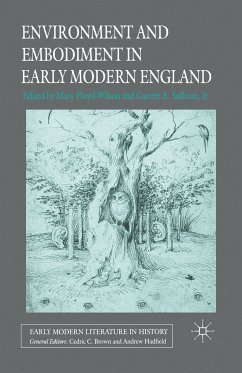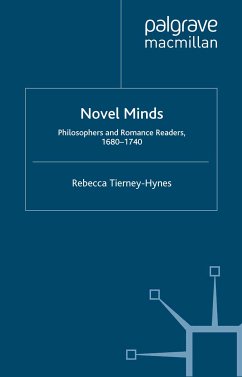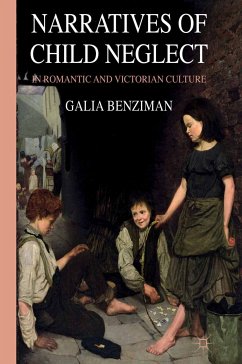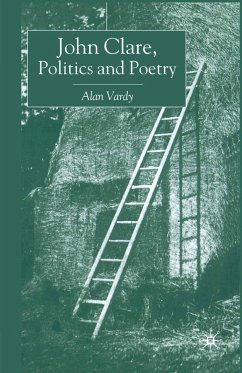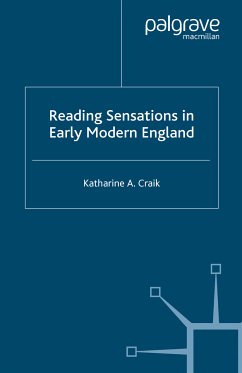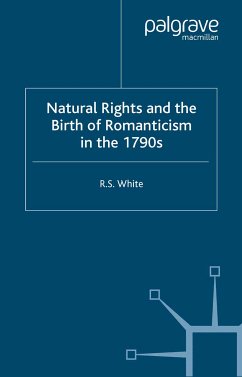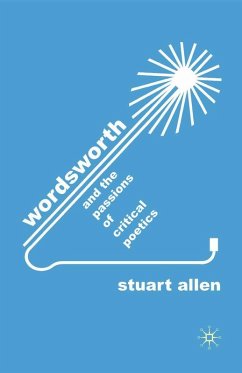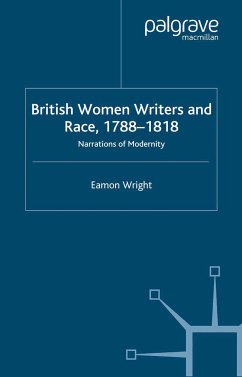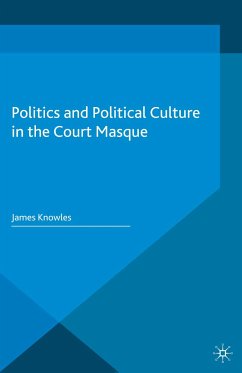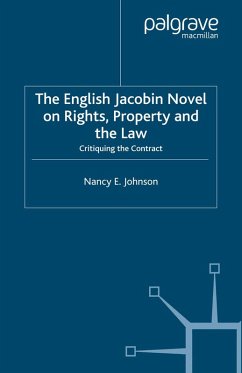
The English Jacobin Novel on Rights, Property and the Law (eBook, PDF)
Critiquing the Contract
Versandkostenfrei!
Sofort per Download lieferbar
40,95 €
inkl. MwSt.
Weitere Ausgaben:

PAYBACK Punkte
20 °P sammeln!
The English Jacobin Novel on Rights, Property and the Law is a study of the radical novel's critique of the evolving social contract in the 1790s. Focusing on selected novels by Thomas Holcroft, Charlotte Smith, Elizabeth Inchbald, Robert Bage, William Godwin, Mary Hays, Mary Wollstonecraft, and Maria Edgeworth, this book examines narrative investigations into the intricate relationships between theories of rights, the requirements of proprietorship in civil society, and the construction of the legal subject.
Dieser Download kann aus rechtlichen Gründen nur mit Rechnungsadresse in A, B, BG, CY, CZ, D, DK, EW, E, FIN, F, GR, HR, H, IRL, I, LT, L, LR, M, NL, PL, P, R, S, SLO, SK ausgeliefert werden.



